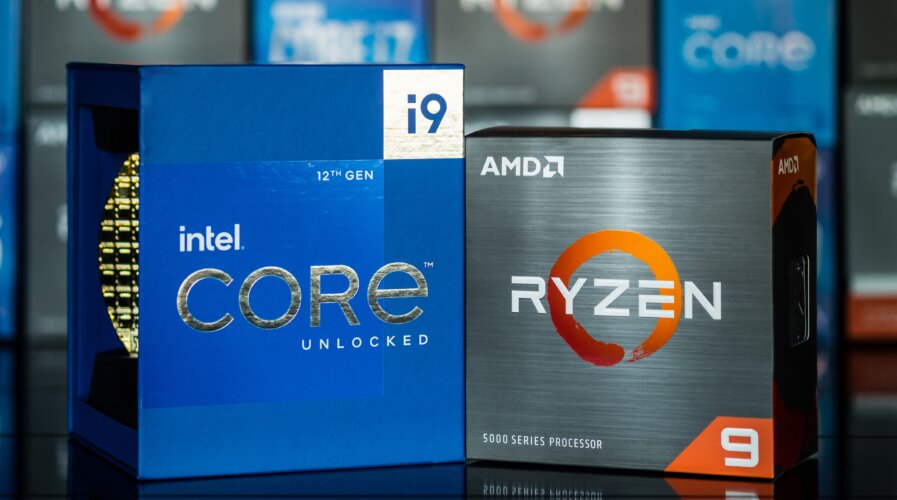
Shares of major U.S. semiconductor companies, Advanced Micro Devices (AMD) and Intel, experienced a sharp decline on Friday following a report by The Wall Street Journal. According to the report, Chinese authorities are intensifying efforts to eliminate foreign-made chips from the nation’s critical telecommunications infrastructure, directing the use of domestically produced processors instead.
| Company | Closing Price | Change |
|---|---|---|
| AMD | $163.28 | -4.2% |
| Intel | $35.69 | -5.2% |
The directive issued earlier in the year mandates China’s largest telecom carriers to replace non-Chinese core processors with local alternatives by the year 2027. This move is seen as part of a broader national strategy to bolster China’s technological independence and security.
Intel and AMD, two giants in the semiconductor industry, have been identified as likely to suffer significant impacts from this policy shift. The timing of the directive coincides with escalating tensions and trade restrictions between the U.S. and China, particularly in technology and security domains.
Intel opted not to comment on the developments. AMD did not respond to requests for comments on the matter. The silence from these tech behemoths underscores the potentially delicate nature of the situation, given their substantial revenue dependencies on the Chinese market. In 2023, China constituted 27% of Intel’s revenue, marking it as the company’s largest single market. Similarly, AMD reported that 15% of its sales were attributed to China, including Hong Kong, in the last year.
This reliance on the Chinese market illustrates the intricate balance global tech companies must maintain amidst shifting geopolitical landscapes and national security policies. The push for technological self-sufficiency in China is mirrored by similar sentiments in the U.S., where recent regulations have aimed to curb the export of critical semiconductor technology to China, particularly those that could enhance its capabilities in artificial intelligence (AI).
- December (Last Year): China mandated the removal of U.S. chips from government computers and servers, which included those from AMD and Intel, as reported by the Financial Times.
- October 2022: The U.S. established rules to limit China’s access to advanced American chips, focusing on technologies essential to AI.
- Late Last Year: New U.S. restrictions aimed to prevent the sale of additional AI chips to China, closing loopholes from previous regulations.
Further complicating matters, AMD recently faced hurdles in securing U.S. approval for an AI chip designed specifically for the Chinese market. The company now requires an export license, a development reported by Bloomberg.
Meanwhile, Intel has managed to navigate through a competitive challenge from AMD regarding the sale of significant volumes of laptop chips to Huawei, a major Chinese telecom company currently under U.S. sanctions.
The directive from China could reshape the global semiconductor landscape in several ways:
- Strengthening of Chinese Chipmakers: As foreign chips are phased out, domestic companies could see a surge in demand, accelerating the growth of China’s semiconductor industry.
- Shift in Global Supply Chains: U.S. companies may need to reassess their supply chain strategies and customer bases, possibly pivoting more towards other Asian and European markets.
- Innovation and Competition: This could spur increased innovation and competition among U.S. and Chinese tech companies, each pushing to outdo the other in efficiency and technological advancements.
Given the significant market reactions and the potential for long-term industry shifts, stakeholders in the semiconductor and broader tech industries are advised to closely monitor developments in this area. The outcome of these policies will likely influence not only the business strategies of individual companies but also the geopolitical landscape of global technology and trade.
Related News:
Featured Image courtesy of Tech Wire Asia
